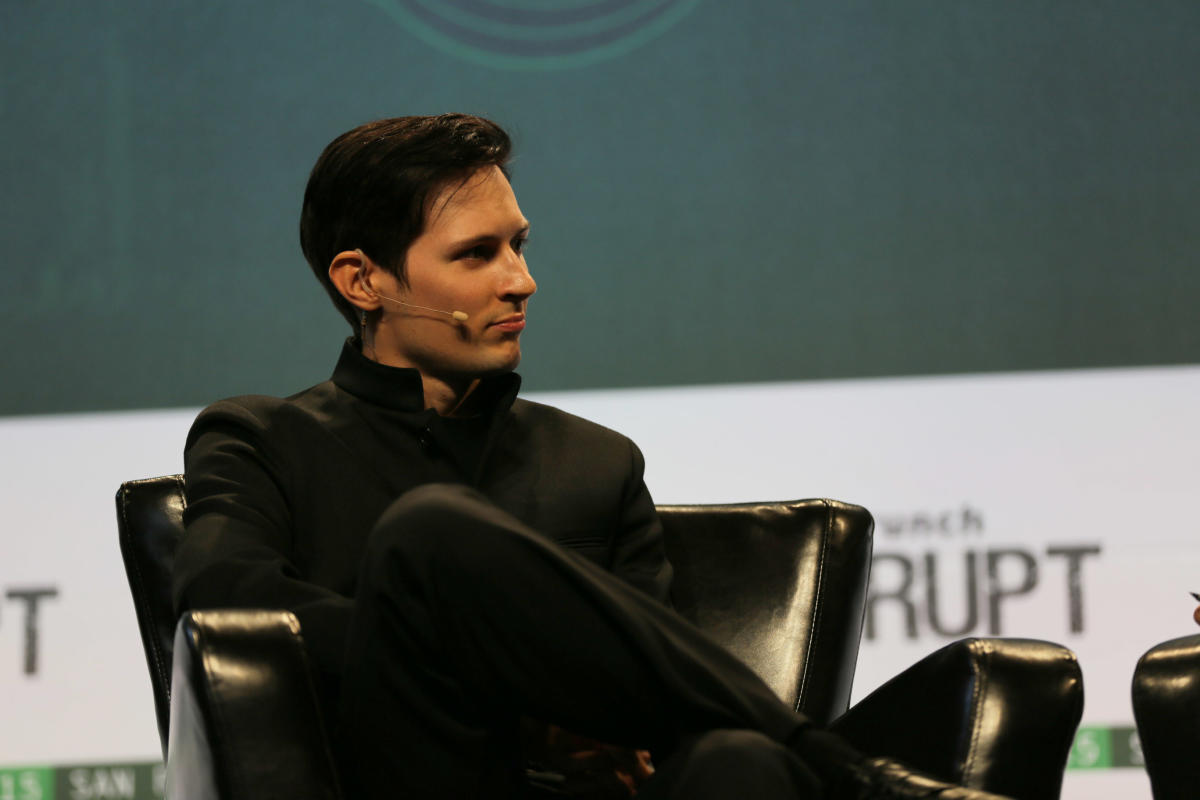
After spending four days in police custody, the founder and CEO of messaging app Telegram, Pavel Durov, was put under formal investigation in France on Thursday for a wide range of criminal charges.
He was also released from custody on the condition that he does not leave French territory during the investigation. Bail was set at €5 million (around $5.6 million) and he must check in at a police station twice a week.
On Tuesday, the court in charge of the investigation — the Paris criminal court — shared a list of charges that led to Durov’s arrest on August 24 after he stepped off his private jet at France’s Le Bourget Airport.
The main charges are accusations of running a company that has been complicit in storing and distributing child sexual abuse material (CSAM), facilitating drug trafficking and facilitating organized fraud and other illegal transactions. He’s also facing charges concerning registration of Telegram’s cryptographic features, among other criminal complaints.
In a statement, Paris prosecutor Laure Beccuau confirmed all the charges and said the investigation is moving forward. The fact of Durov being placed under formal investigation means he is formally suspected of what he’s been accused of.
In the French judicial system being placed under formal investigation is a necessary procedural step in order to take a case to trial. However it does not mean a trial is certain. If authorities decide they don’t have a strong enough case the investigation could be shelved before it gets to court. But the step means there’s a substantial reason to pursue a probe.
The prosecutor’s statement (which we’ve translated from French) summarizes why Durov ended up in police custody, with Beccuau writing that Telegram “appears in multiple cases involving various offenses (child pornography, trafficking, online hate speech)”.
“Telegram’s almost total failure to respond to judicial requests was brought to the attention of the cybercrime section (J3) of the organized crime national court (JUNALCO) within the Paris public prosecutor’s office, in particular by the national office for minors (OFMIN),” she also wrote.
“When consulted, other French investigation departments and public prosecutors’ offices, as well as various Eurojust partners, notably Belgian, shared the same observation. This led JUNALCO to open an investigation into the possible criminal responsibility of the executives of this messaging service in these offenses,” Beccuau added.
Subsequent to this — back in February 2024 — the Paris court opened a preliminary investigation and put OFMIN in charge of the probe. The Centre for the Fight against Cybercrime (C3N) and the Anti-Fraud National Office (ONAF) later took over the investigation.
This account appears to confirm reporting by Politico that said Durov’s problems started with a separate investigation focused on child sex abuse. According to Politico reporters, who were able to consult documents from that investigation, a suspect told investigators they used Telegram to lure underaged girls into sending “self-produced child pornography.” They then threatened to release the CSAM on social media.
It also reported that as part of this case French authorities sent a request to Telegram to identify the suspect. But the company ignored the request — leading to a preliminary investigation into its unwillingness to cooperate with law enforcement on a criminal matter.
Telegram did not respond to a request for comment about Durov’s arrest and the charges he’s facing.
Lack of content moderation
While the case against Telegram was sparked by a CSAM investigation it became more substantial during the preliminary investigation as French authorities started looking into the messaging app’s activities more broadly.
Telegram currently has 950 million monthly active users and few moderation tools and processes. In an interview with Tucker Carlson, Durov claimed only 30 engineers work on the social app. So, in addition to the company’s unwillingness to cooperate with law enforcement authorities, the Paris court is essentially claiming Telegram’s (lack of) moderation enables the sharing of CSAM, drug trafficking and fraudulent activities to take place on the platform.
“It is completely absurd to claim that the head of a social platform could be responsible for criminal acts that don’t involve him, either directly or indirectly,” David-Olivier Kaminski, a lawyer working for Durov, told reporters on Wednesday night local time, per Le Monde.
But that line of defense doesn’t explain why Telegram ignored the law enforcement request in the first place.
Moreover, Durov is also being charged with money laundering. This could be related to Telegram’s cryptocurrency-related features and failing to follow “Know Your Customer” requirements.
Telegram has a digital currency called Stars that can be used to buy digital content from other users. Stars can also be converted to Toncoin, a cryptocurrency backed by Telegram which can be traded on various crypto exchanges and transferred to a bank account.
As this is a wide-ranging case, the investigation is likely to last several months at least. It could even take more than a year. Durov will be expected to remain in France for the duration.
EMEA Tribune is not involved in this news article, it is taken from our partners and or from the News Agencies. Copyright and Credit go to the News Agencies, email news@emeatribune.com Follow our WhatsApp verified Channel





